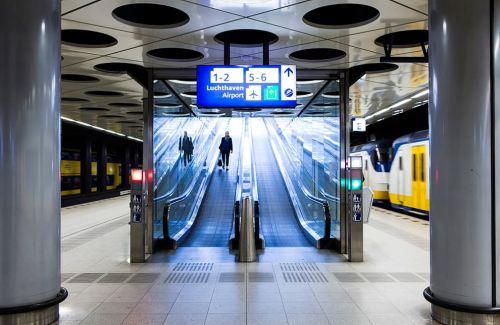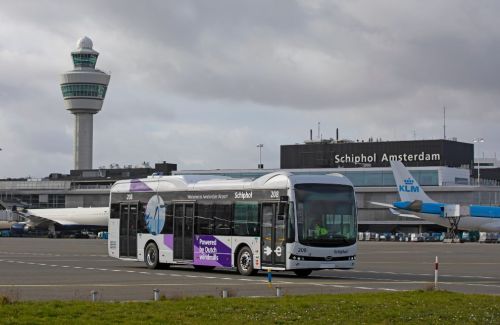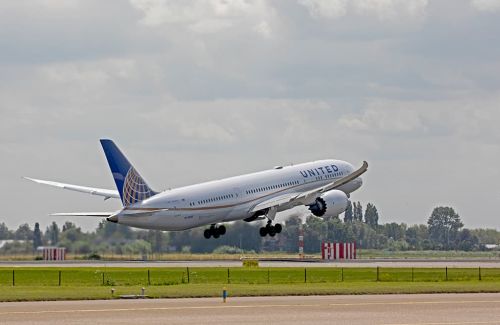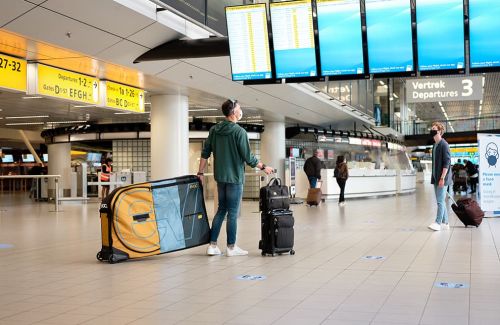Encouraging alternative methods of propulsion
Schiphol is encouraging the development of electric flight and hydrogen-powered flight. We follow developments closely. Electric aircraft and hydrogen-powered flight can help to significantly lower the carbon emissions of short-haul flights. Commercial flights are a long way off, but progress is certainly being made in the area of electric flight.

Pipistrel Velis Electro
Rotterdam The Hague Airport is now home to the Pipistrel Velis Electro – a two-seater aircraft. The Pipistrel is the first electric aircraft registered in the Netherlands. The Pipistrel is being used to gather the necessary knowledge and experience to advance electric flight. Research is also being done into the impact of electric aircraft on the airport. Schiphol is conducting the research at Rotterdam The Hague Airport together with partners from a sustainable aviation organisation called ‘Duurzame luchtvaarttafel’ (innovation and hybrid electric aircraft project group) and Rotterdam The Hague Innovation Airport (RHIA) community.
Power Up: living lab for electric flight
How feasible is electric flight? What is required at the airport to make it possible? Can a network between European regions be created? Eindhoven Airport, Rotterdam The Hague Airport and Groningen Airport Eelde are going to find out. The airports have set up the Power Up living lab, supported by Royal Schiphol Group and the Netherlands Aerospace Centre (NLR). It is anticipated that the first electric passenger flights between Dutch airports will be possible within the next five years.
Flying on hydrogen
In addition to electric flight, flying on hydrogen is also undergoing rapid development. The aviation sectors aims to realise the first commercial route between Rotterdam The Hague Airport (RTHA) and London with a 19-seater in 2024. This aircraft, which runs entirely on hydrogen, is being developed by ZeroAvia. This project is a collaboration between ZeroAvia, Royal Schiphol Group, the Rotterdam The Hague Innovation Airport foundation and RTHA.
In order to accommodate hydrogen-powered planes at the airport, changes need to be made to infrastructure. This is why a testing ground with charging and refueling infrastructure has been set up at Rotterdam The Hague Airport.
What we do for sustainability
-
To and from the airport

-
At the airport

-
In the air

-
What can you do for the environment?

-
Sustainable living environment

-
News
